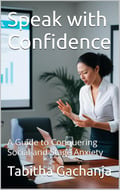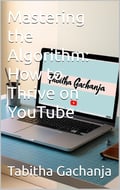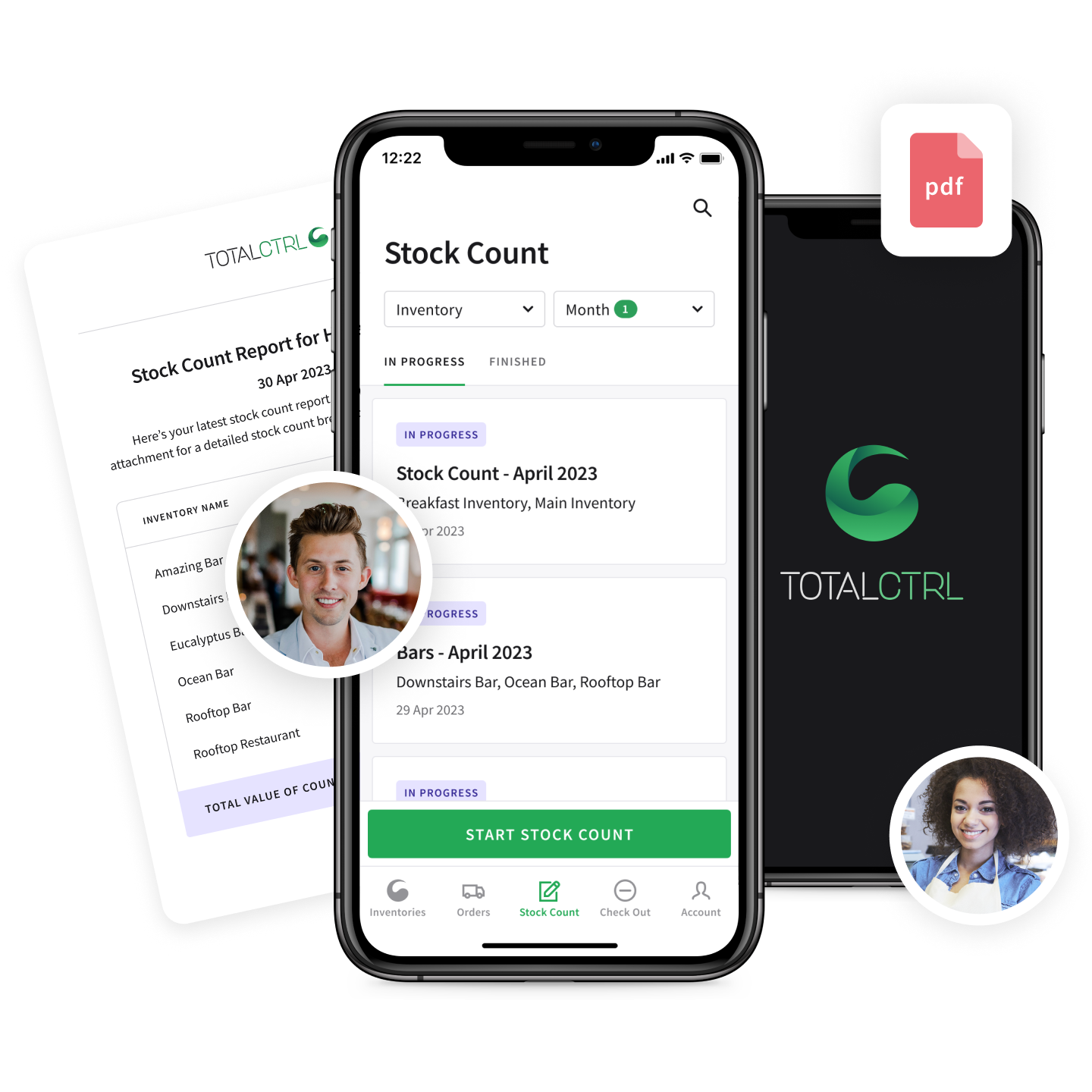In the high-stakes world of trading, mastering charts and strategies is just part of the game. The true challenge—and often the difference between success and failure—lies in mastering your emotions. Emotional trading is a silent account killer. It leads to impulsive decisions, irrational risk-taking, missed opportunities, and ultimately, blown accounts.
In this post, we’ll explore what emotional trading is, why it’s so dangerous, and most importantly, how to avoid it using proven techniques and tools. Whether you're a beginner or a seasoned trader looking to refine your discipline, this guide will provide the mindset and systems you need to trade with logic instead of emotion.
1. What Is Emotional Trading?
Emotional trading occurs when decisions are made based on feelings rather than facts, strategies, or analysis. It’s when fear, greed, frustration, or excitement override your plan.
Some common examples include:
-
Entering trades due to FOMO (Fear of Missing Out)
-
Exiting trades too early due to fear of loss
-
Revenge trading after a losing streak
-
Overtrading out of excitement or desperation
In essence, emotional trading is undisciplined trading—and it’s one of the leading reasons traders fail.
2. Why Is Emotional Trading So Dangerous?
Markets are unpredictable, and emotions like fear and greed can cloud judgment, causing you to:
-
Break your trading rules
-
Take unplanned trades
-
Risk too much capital
-
Abandon profitable strategies
When emotions take over, your trading becomes reactionary, not strategic. This leads to inconsistency and losses that feel personal, which in turn fuel even more emotional behavior—a vicious cycle.
3. Recognizing the Emotions That Drive Bad Trading
To stop emotional trading, you must first recognize the triggers:
a. Fear
-
Fear of losing money
-
Fear of being wrong
-
Fear of missing out (FOMO)
b. Greed
-
Overtrading to chase more profit
-
Holding trades too long
-
Increasing risk size irrationally
c. Frustration
-
Revenge trading after a loss
-
Trying to "force" the market to work
d. Overconfidence
-
Taking reckless trades after a win
-
Abandoning rules thinking you’re invincible
Awareness of these emotional states is step one in learning to control them.
4. How to Avoid Emotional Trading: 12 Proven Strategies
Now let’s dive into the actionable part—how to avoid emotional trading and become a more disciplined, emotion-resistant trader.
1. Develop a Solid Trading Plan
A clear trading plan acts as your emotional anchor. It should include:
-
Entry and exit criteria
-
Position sizing rules
-
Risk management strategy
-
Maximum daily losses or wins
-
Your trading timeframes and setups
When you have a plan, you’re not reacting—you’re executing.
2. Use a Trading Journal
A journal helps you track not only your trades but your emotions and mindset.
For each trade, record:
-
Why you took the trade
-
How you felt before, during, and after
-
Whether you followed your plan
-
What you learned
Over time, you’ll identify emotional patterns and triggers that need fixing.
3. Set Risk Parameters (And Stick to Them)
Before entering a trade, determine:
-
How much of your capital you’re willing to risk
-
Where your stop loss and take profit are
-
What’s the potential reward-to-risk ratio
By defining risk upfront, you remove the fear of the unknown and prevent emotional decisions mid-trade.
4. Accept Losses as Part of the Game
Even the best traders lose. Losing is normal.
If you fear losses, you’ll exit trades too early or avoid taking them altogether. Accept that:
-
No strategy has a 100% win rate
-
A loss doesn’t mean failure—it’s feedback
-
What matters is long-term profitability, not individual trades
Reframe losses as tuition for becoming a pro trader.
5. Stick to One Strategy at a Time
Constantly changing strategies is often a sign of emotional instability—chasing perfection.
Choose a well-tested strategy. Commit to it. Track its performance for at least 20-50 trades before evaluating. This builds trust and discipline, reducing the urge to flip-flop after a few losses.
6. Avoid Overtrading
Overtrading is often a sign of:
-
Boredom
-
Greed
-
Desperation to make back losses
Set a daily or weekly trade limit. Step away once you hit it. Quality beats quantity every time in trading.
7. Practice Mindfulness and Self-Awareness
Your mental state matters. Before you trade:
-
Ask: "How do I feel today?"
-
Avoid trading if you're tired, angry, stressed, or distracted
Use tools like:
-
Deep breathing exercises
-
Meditation apps
-
Walks or workouts before trading
Clear mind = better decisions.
8. Automate Parts of Your Trading
Use tools to reduce emotional interference:
-
Set automatic stop-loss and take-profit orders
-
Use alerts instead of staring at charts
-
Consider algorithmic trading if you're highly emotional
Automation removes human error and helps you stick to the plan.
9. Trade Smaller Positions
If you’re feeling emotional, it’s likely you’re risking too much. Reduce position sizes until:
-
You stop sweating each tick
-
You feel calm during trades
-
You can stick to your rules without panic
Smaller positions = lower emotional impact.
10. Take Breaks and Avoid Burnout
Trading fatigue leads to poor decisions. Know when to walk away:
-
After a big win (to avoid overconfidence)
-
After a big loss (to avoid revenge trading)
-
When you feel mentally or emotionally drained
Trade when you’re at your best, not your worst.
11. Get a Trading Accountability Partner or Coach
Having someone to:
-
Review your trades
-
Challenge your decisions
-
Keep you honest
...can dramatically reduce emotional mistakes. Whether it’s a mentor, community, or coach, accountability builds consistency.
12. Focus on the Process, Not Just the Outcome
You can’t control what the market does—but you can control how you react.
Celebrate:
-
Following your plan
-
Using proper risk management
-
Journaling your trades
Don’t just chase profits. Chase discipline. That’s where long-term success lies.
5. Tools and Habits That Support Emotion-Free Trading
Here are some practical tools and habits to help remove emotion from your trading:
✔️ Use a Pre-Trade Checklist
Create a simple list to check before every trade:
-
Is this trade part of my strategy?
-
Am I following risk rules?
-
Is this an impulsive or planned decision?
-
Am I in the right mindset?
This reduces impulsive trades by forcing you to pause and think.
✔️ Schedule Your Trading Sessions
Avoid trading randomly throughout the day. Have specific trading hours. This creates routine and discipline, helping you avoid trades made out of boredom or distraction.
✔️ Review Weekly, Not Daily
Daily results can be volatile and emotional. Instead, review your performance weekly:
-
Look at stats over 10-20 trades
-
Focus on execution, not just P&L
-
Identify emotional mistakes
This smooths out emotional highs and lows and helps you grow as a trader.
✔️ Simulate Before You Go Live
If you’re emotional in live markets, demo trade until you:
-
Trust your system
-
Can follow your rules
-
Feel detached from outcomes
Practice builds confidence, which reduces fear.
6. Mindset Shifts to Stop Emotional Trading
To stop emotional trading long-term, you must shift how you think about trading.
From: “I must win every trade.”
To: “I must follow my process consistently.”
From: “Losses are bad.”
To: “Losses are part of my edge.”
From: “I need to make money today.”
To: “I need to trade well today. The money will come.”
This shift takes time, but it’s what separates emotional amateurs from consistent professionals.
7. Final Thoughts: Mastering Your Mind is the Real Edge
In trading, your biggest enemy isn’t the market—it’s your own emotions.
Success doesn’t come from eliminating emotions but from managing them. The goal is to become a trader who executes their edge with discipline, regardless of outcomes. One who can take losses calmly and wins humbly. One who acts according to plan, not impulse.
Avoiding emotional trading is not just a skill—it’s a lifestyle, a discipline, and ultimately, your greatest edge.


















0 comments:
Post a Comment
We value your voice! Drop a comment to share your thoughts, ask a question, or start a meaningful discussion. Be kind, be respectful, and let’s chat!